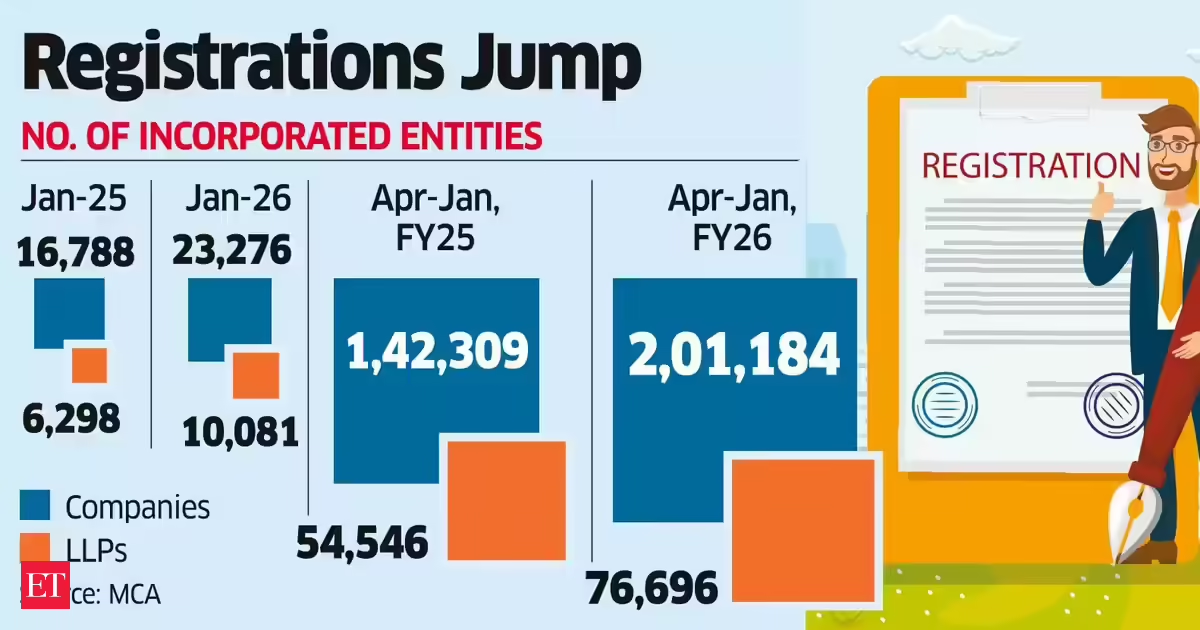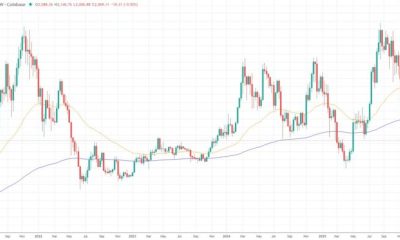The Pendragon Cycle: Rise of the Merlin season 1 continues to develop its narrative of power, alliances, and magic; episode 4 addresses repercussions from past conflicts and the struggle over the leadership in Britain.
In this episode, Merlin returns to his family and is reunited with his grandfather King Avallach and his mother Charis, reentering the central political and magical activities of the realm. He acts, showing his skills and determining some crucial resolutions, but does not retake completely the sword of the Fisher King, which means his role is active but not fully accomplished.
Episode 4 also continues to follow Aurelius in his effort to secure some allies for the impending battles.
The Pendragon Cycle: Rise of the Merlin season 1 episode 4 recap: Did Merlin truly return to the fold?


In the fourth episode of the first season of The Pendragon Cycle: Rise of the Merlin, Merlin meets up with his biological mother Charis and his grandpa, King Avallach. The reunion of the family is an important plot development. There is an element of reluctance on the part of Merlin in taking up the sword of the Fisher King.
Every time he comes into contact with this sword, an image manifests before him, and this shows that Merlin has not aligned himself fully with the power he once had with Uther. It becomes evident that, in order to prove his point that he has not lost his power and can thus affect some change within politics, Merlin controls Uther during a fight through his powers. It was Avallach who motivated Merlin to go to Aurelius and explained to him the importance of friendship and loyalty.
From this interaction with Pelleas and Uther, it is clear that the coming of Merlin has some influence on what has already been set in terms of power balance. The presence of this character in this context is a precursor to future structural shifts in the conflict.
What happened with Aurelius and the battle for support in The Pendragon Cycle: Rise of the Merlin season 1 episode 4?
In the fourth episode, Merlin explores the kinds of relationships he has with his own family. Aurelius’s assignment is to look for alliances. Through both strategic and diplomatic measures, he succeeds in winning the support of Morcant, who was the leader of the Belgae.
By fighting to save Aurelius, Charis becomes a contributory part of what Merlin and Aurelius have been working towards. In the episode, the country is also depicted as a divided entity with different players fighting for control. There is still the threat of Hengist, who is the Saxon king.
The techniques that are used to counter the threats are organized under the guidance of persons like Merlin, Aurelius, and Charis. The stability and survival of the country also depend on the re-emergence of Merlin.
Another thing that Aurelius learns is that King Avallach’s people are witnessing a generational drop in military strength. His grandfather’s armies are no longer adequate for him to entirely depend on. This is because a ruler must have power as well as the capacity to build a coalition.
Where does Morgain fit into the larger conflict in The Pendragon Cycle: Rise of the Merlin season 1 episode 4?
Morgain in the fourth episode of The Pendragon Cycle: Rise of the Merlin season 1 offers an extra dimension of mystical intrigue. Indeed, in the episode under discussion, Morgain is depicted engaging in a dark ritual with the presence of her son, which culminates in the production of a demon.
Nevertheless, Morgain succeeds in retaining her relationship with the Saxons. Morgain’s insistence on the Saxon bargain continues to keep the family divided, even though her own elder son is inclined towards supporting Aurelius. The family scene portrays different loyalties.
The Pendragon Cycle: Rise of the Merlin season 1 is available exclusively on DailyWire+, with new episodes released on Thursdays. Episode 4 can be streamed on-demand, offering both subtitled and standard viewing options.
Edited by Bea Melisse Ibañez



















































